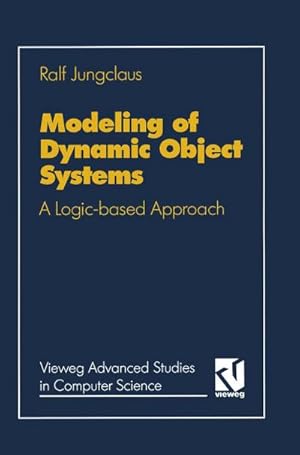Si eres un consumidor puedes cancelar el presente contrato de acuerdo con lo indicado a continuación. Son consumidores las personas físicas que actúen con un propósito ajeno a su actividad comercial, empresarial, oficio o profesión.
Documento de información al consumidor y usuario sobre el desistimiento
Derecho de desistimiento:
Tienes derecho a desistir del presente contrato en un plazo de 14 días naturales sin necesidad de justificación.
El plazo de desistimiento expirará a los 14 días naturales del día en que tú o un tercero que hayas indicado, distinto del transportista, adquiera la posesión material del último bien, componente o pieza.
Para ejercer el derecho de desistimiento, deberás notificarnos a buchversandmimpf2000, Oberölschnitz 16, 95517, Emtmannsberg, BAYE, DEU, DEU 09209-2023188, de tu decisión de desistir del contrato a través de una declaración inequívoca (por ejemplo, una carta enviada por correo postal, fax o correo electrónico). Podrás utilizar el modelo de formulario de desistimiento que figura a continuación, aunque su uso no es obligatorio. Tienes asimismo la opción de cumplimentar y enviar electrónicamente el modelo de formulario de desistimiento o cualquier otra declaración inequívoca a través de nuestro sitio web a "Mis pedidos" en "Mi cuenta". Si recurres a esta opción, te comunicaremos sin demora en un soporte duradero (por ejemplo, por correo electrónico) la recepción de dicho desistimiento.
Para cumplir el plazo de desistimiento, basta con que la comunicación relativa al ejercicio por tu parte de este derecho sea enviada antes de que venza el plazo correspondiente.
Consecuencias del desistimiento:
En caso de desistimiento por tu parte, te devolveremos todos los pagos recibidos de ti, incluidos los gastos de entrega (con la excepción de los gastos adicionales resultantes de la elección por tu parte de una modalidad de entrega diferente a la modalidad menos costosa de entrega ordinaria que ofrezcamos) sin ninguna demora indebida y, en todo caso, a más tardar 14 días naturales a partir de la fecha en la que se nos informes de tu decisión de desistir del presente contrato. Procederemos a efectuar dicho reembolso utilizando el mismo medio de pago empleado por ti para la transacción inicial, a no ser que hayas dispuesto expresamente lo contrario; en todo caso, no incurrirás en ningún gasto como consecuencia del reembolso.
Podremos retenerte el reembolso hasta haber recibido los bienes, o hasta que hayas presentado una prueba de la devolución de los mismos, según qué condición se cumpla primero. Deberás devolvernos o entregarnos directamente los bienes a buchversandmimpf2000, Oberölschnitz 16, 95517, Emtmannsberg, BAYE, DEU, 49 09209-2023188, sin ninguna demora indebida y, en cualquier caso, a más tardar en el plazo de 14 días naturales a partir de la fecha en que nos comuniques tu decisión de desistimiento del contrato. Se considerará cumplido el plazo si efectúas la devolución de los bienes antes de que haya concluido dicho plazo. Deberás asumir el coste directo de devolución de los bienes. Solo serás responsable de la disminución de valor de los bienes resultante de una manipulación distinta a la necesaria para establecer la naturaleza, las características y el funcionamiento de los bienes.
Excepciones al derecho de desistimiento:
- La entrega de periódicos, publicaciones especializadas o revistas con la excepción de contratos de suscripción; y
- La entrega de contenido digital (incluyendo apps, software digital e-books, MP3, etc.) que no hubiera sido entregado en un medio tangible (por ejemplo: CD o DVD), si al realizar tu pedido has aceptado que podemos proceder al envío del producto y que no resulta posible su cancelación una vez comienza la entrega.
Modelo de formulario de desistimiento
(Sólo debe cumplimentar y enviar el presente formulario si desea desistir del contrato)
A la atención de: (buchversandmimpf2000, Oberölschnitz 16, 95517, Emtmannsberg, BAYE, Germany, 49 09209-2023188)
Por la presente le comunico/comunicamos* que desisto de mi/desistimos de nuestro* contrato de venta del siguiente bien/prestación del siguiente servicio*
Pedido el/recibido el*:
Nombre del consumidor y usuario o de los consumidores y usuarios:
Domicilio del consumidor y usuario o de los consumidores y usuarios:
Firma del consumidor y usuario o de los consumidores y usuarios (solo si el presente formulario se presenta en papel):
Fecha:
* Eliminar en su caso
